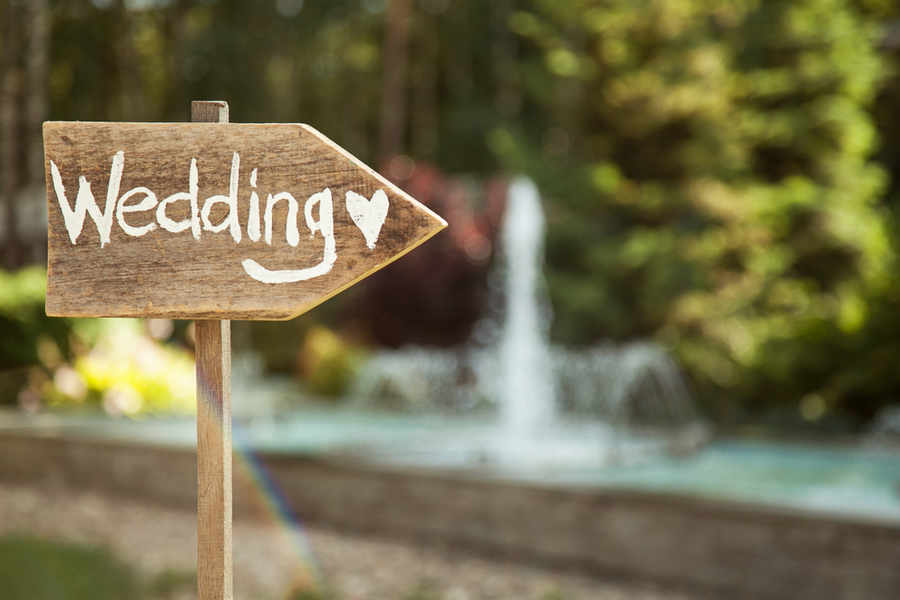Deputy Kristina Moore says that the move to legalise the non-religious ceremony, which do not have to be conducted by a registrar, would require ‘detailed consideration’ and has urged the States to reject a proposition lodged by St Saviour Deputy Louise Doublet.

- In 2013, there were 341 civil wedding ceremonies in Jersey compared to 148 religious ones.
- Since 2012 there have been nine humanist weddings in Jersey despite their lack of legal recognition.
- In Scotland, the number of humanist weddings has increased sharply since legal recognition in 2005, from fewer than 100 to more than 3,000 per year. It is reported that up to a quarter of couples from elsewhere in the UK travel to Scotland to have a legally recognised humanist ceremony.[/breakout]
Deputy Doublet wants the States to approve humanist weddings as well as to allow weddings to be held outside.
Humanism, which is recognised as a belief system by the European Convention of Human Rights, focuses on an ethical approach to life but without any religious implications. A humanist ceremony differs from a civil marriage and is designed to allow non-religious couples more freedom in planning their wedding in line with humanist beliefs.
Although humanist weddings are legal in Scotland a review is currently being conducted in England and Wales into introducing the ceremony there.
Deputy Moore – whose department oversees the Island’s marriage laws – says that the introduction of such ceremonies in Jersey can be better considered once that review is completed.
She added: ‘It would be discriminatory to introduce humanist ceremonies in Jersey without also allowing for other forms of non-religious belief weddings.
‘Any changes in legislation therefore require detailed consideration because of the potential associated risks.
‘This matter can be given proper consideration when the reviews in England and Wales and Scotland have been concluded, as these will provide much greater clarity about risk and mitigation.’
However, Deputy Moore did recommend that the States bring forward ‘appropriate legislation’ to allow open-air ceremonies to be conducted. Currently, people may marry only in places where there is a permanent structure, like a religious building or registry office or a specially registered non- religious venue. Outside areas such as the grounds of Mont Orgueil Castle are also allowed as they are within a permanent structure.
Deputy Moore said: ‘The legislative changes required to allow for open-air weddings and to provide more flexibility within the content of civil weddings are relatively easy to achieve.
‘Given that approximately 60 to 70 per cent of Jersey couples choose civil marriage ceremonies this is likely to be of benefit to significantly more people than just humanists, or others subscribing to specific non-religious beliefs.’
The proposition is due to be debated in the States on Tuesday.






